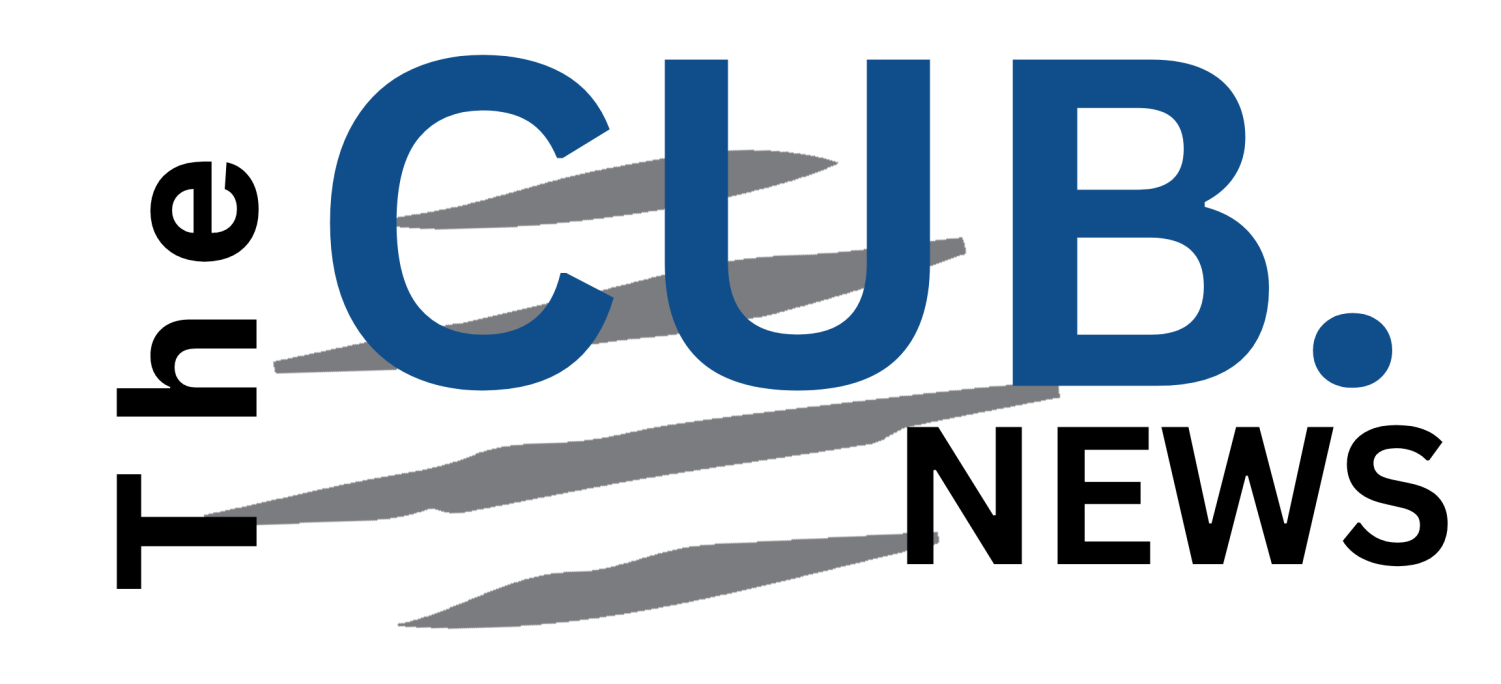Why Don’t We Trust Science?
May 12, 2022
I remember the pale yellow walls, the whiteboard with the diagram of my intestines, the tone in my doctor’s voice as he gave me the diagnosis, and the subsequent debate about the safety of the medication I was put on. Was 20 years enough time to know how this medication would work? Were the risks worth it? What would happen when I had been on this medication for my entire life? These were just some of the questions my parents asked when I was first put on immunosuppressive medication two and a half years ago. I didn’t have the option to distrust science.
While this distrust in science has been a trend in recent years, according to a Pew Research Study, the number of Americans who believe that science is primarily good has been steadily decreasing. The most common type of science those surveyed mentioned was healthcare.
When talking about what they distrusted in medicine, those surveyed “Lamented the long wait for cures of serious diseases, while others cited concerns about the development of biotechnology, such as cloning and ‘designer babies’” according to the Pew Research center.
While both of these are legitimate concerns, they do not outweigh the good medical science has done for the world.
Both of the concerns people cite in relation to biotechnology are banned in the US either through legislation or FDA regulations. So what does biotechnology actually do? According to Western Governors University, “Medical biotechnology is a branch of medicine that uses living cells and cell materials to research and then produce pharmaceutical and diagnosing products. These products help treat and prevent diseases”
Biotechnology has been used to create the HPV and ebola vaccines. It has created biologic medications that work by targeting specific proteins that cause inflammation and destroying them. These medications have been essential in managing autoimmune disorders and bettered the quality of life for those patients.
While it is true that some medical advancements are a cause for concern, those are almost always banned and by only focusing on those you ignore the hundreds of beneficial advancements that better lives everyday. Science cannot be inherently good or evil because it is simply the pursuit of knowledge of the natural and physical world. However, many of the technological advancements that come from science, especially medical science, have ultimately benefited society and are therefore considered good.


